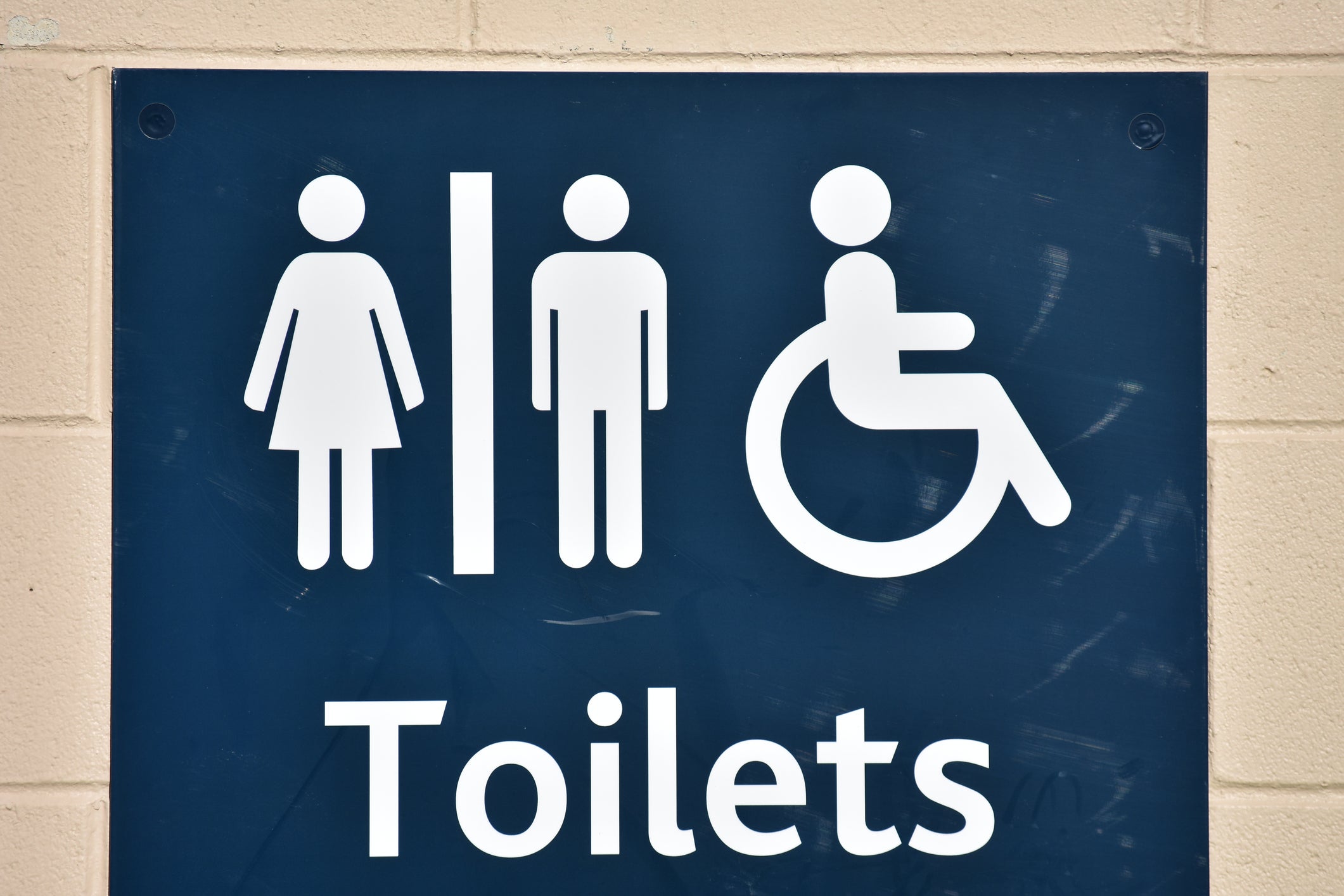Tens of thousands unwittingly sign up to clean toilets and unblock sewers through free Wi-Fi
'It’s all too easy to tick a box and consent to something unfair'

Your support helps us to tell the story
From reproductive rights to climate change to Big Tech, The Independent is on the ground when the story is developing. Whether it's investigating the financials of Elon Musk's pro-Trump PAC or producing our latest documentary, 'The A Word', which shines a light on the American women fighting for reproductive rights, we know how important it is to parse out the facts from the messaging.
At such a critical moment in US history, we need reporters on the ground. Your donation allows us to keep sending journalists to speak to both sides of the story.
The Independent is trusted by Americans across the entire political spectrum. And unlike many other quality news outlets, we choose not to lock Americans out of our reporting and analysis with paywalls. We believe quality journalism should be available to everyone, paid for by those who can afford it.
Your support makes all the difference.Over 22,000 people have signed up for community service by connecting to a free Wi-Fi network without reading the terms and conditions.
The tasks include manually relieving sewer blockages, cleaning portable lavatories at local festivals and events, “cleansing” local parks of animal waste, scraping chewing gum off the streets, providing hugs to stray cats and dogs and painting snail shells “to brighten up their existence”.
Only one person spotted the community service clause in the hotspot’s terms and conditions – that’s 0.000045 per cent of the total amount of users who connected to it – despite it being there for two weeks.
Purple, a Manchester-based Wi-Fi company that operates hotspots for a number of brands, such as KFC, Pizza Express and Wagamama, wanted to highlight “the lack of consumer awareness” when people sign up to use free Wi-Fi.
“Don’t worry, we aren’t going to round up these individuals and ask them to don their rubber gloves and repay the community debt,” said the company.
“Wi-Fi users need to read terms when they sign up to access a network,” added Purple CEO Gavin Wheeldon.
“What are they agreeing to, how much data are they sharing, and what license are they giving to providers? Our experiment shows it’s all too easy to tick a box and consent to something unfair.”
The person who spotted the spoof clause was awarded a prize.
In 2014, cybersecurity firm F-Secure pulled off a similar stunt.
In that case, people in London connected to free Wi-Fi, despite the terms and conditions clearly stating that they would have to hand over their first-born child in exchange.
Fortunately, the company decided not to follow through on its so-called Herod clause.
“We have yet to enforce our rights under the terms and conditions but, as this is an experiment, we will be returning the children to their parents,” it said.
“Our legal advisor Mark Deem points out that – while terms and conditions are legally binding – it is contrary to public policy to sell children in return for free services, so the clause would not be enforceable in a court of law.”
Join our commenting forum
Join thought-provoking conversations, follow other Independent readers and see their replies
0Comments